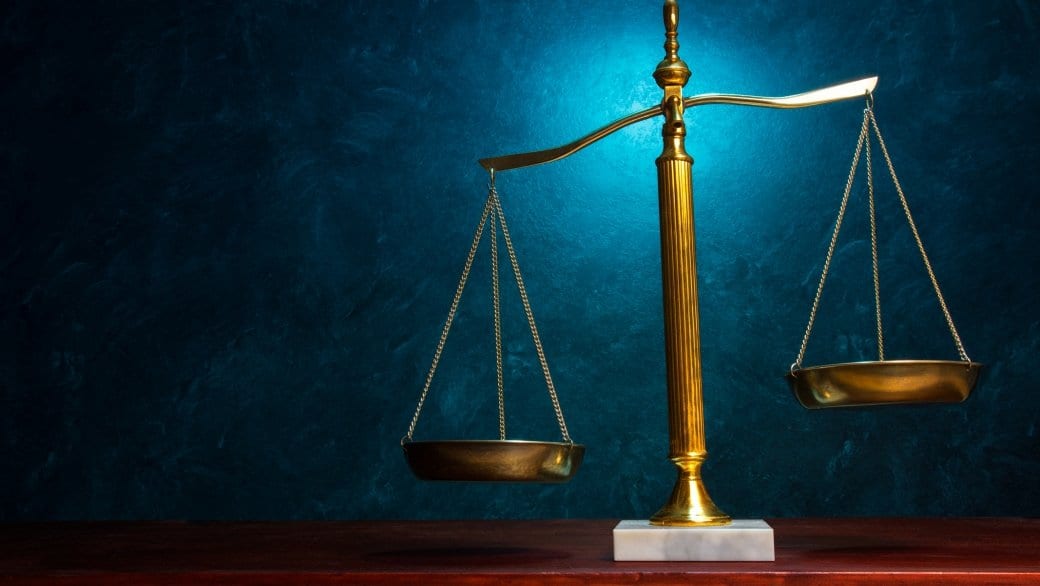For years, Kristen Worley has fought for a place for trans athletes in international sporting competitions. Now she’s taken her fight to the Ontario Human Rights Tribunal.
Worley, a competitive cyclist, is alleging that a number of sports organizations, including the Ontario Cycling Association, Cycling Canada, the International Cycling Union, the International Olympic Committee and the World Anti-Doping Agency, are discriminating against her based on sex.
And in July, the tribunal ruled that Worley’s complaint has a reasonable prospect of success and will go forward.
However, the tribunal removed the International Olympic Committee and the World Anti-Doping Agency from the complaint because it found the tribunal didn’t have jurisdiction over them in this case.
A framework for trans athletes to compete internationally was only first set out in 2003. The so-called Stockholm Consensus says that for trans women to compete in women’s events, they must follow a number of steps.
These include having sexual reassignment surgery, including external genital changes and removing their gonads, having legal recognition of their gender and maintaining appropriate hormone levels for their sex.
Worley, who began to physically transition in 1995 and underwent gender-affirming surgery in 2001, was the first athlete to gain a racing licence under the new rules. However, her body wasn’t able to produce any testosterone, a hormone that cisgender women produce on their own, though at lower levels than cisgender men.
Worley told Newsweek earlier this year that she got sick and “started to see deterioration” when she trained without any testosterone.
Anti-doping rules, which are set out by the International Cycling Union, generally don’t allow trans women to take testosterone. Though she was able to eventually get a therapeutic exemption to take some synthetic testosterone, Worley believes it’s not enough for her to maintain her full health.
Her case comes at a time when international sporting authorities are beginning to change their policies on gender. Last year, Indian sprinter Dutee Chand successfully sued the international track and field governing body to overturn the ban on women who naturally produce high levels of testosterone. The International Olympic Committee followed suit this year.
Worley’s case will now proceed to mediation.

 Why you can trust Xtra
Why you can trust Xtra


